In today’s fast-paced and increasingly digital business landscape, enterprises seek innovative strategies to streamline operations, enhance efficiency, and drive growth. This is where Enterprise Resource Planning (ERP) solutions come into play, acting as the backbone for integrating various business processes into a single, cohesive system. By consolidating data from different departments, including finance, human resources, manufacturing, supply chain, and customer relations, ERP solutions provide a holistic view of business operations, enabling informed decision-making and strategic planning. Introduction ERP systems have evolved from simple software packages designed to manage inventory and accounting to comprehensive platforms that encompass almost every aspect of business management. Modern ERP solutions are versatile and scalable, catering to the needs of businesses of all sizes and industries. They leverage advanced technologies like cloud computing, artificial intelligence (AI), and machine learning to offer real-time insights, predict trends, and automate complex processes, thereby reducing manual labor and minimizing errors. Benefits of ERP One of the key benefits of implementing an ERP system is the seamless integration of business processes. This integration facilitates efficient workflow across departments, ensuring that all parts of the organization are aligned towards common goals. For example, the sales department can instantly access the inventory levels updated in real-time by the warehouse, enabling them to manage customer expectations accurately. Similarly, the finance team can easily retrieve data from sales and procurement, streamlining budgeting, and financial reporting. Role of ERP Solutions ERP solutions play a crucial role in enhancing decision-making capabilities. With all business data centralized in one platform, leaders can access comprehensive reports and analytics that offer deep insights into performance metrics across departments. This visibility into operations allows for identifying inefficiencies, optimizing resource allocation, and forecasting future trends, thereby supporting strategic decisions that drive business growth. Advantages of ERP Solutions Cloud-based ERP systems have added a new dimension to the ERP landscape, offering flexibility, scalability, and cost-effectiveness. Unlike traditional on-premise systems that require significant upfront investment and ongoing maintenance, cloud ERP solutions are hosted on the vendor’s servers and accessed via the internet. This model reduces IT infrastructure costs, simplifies software updates, and enhances data security. Additionally, cloud ERP enables remote access, making it easier for businesses to support mobile workforces and adapt to changing work environments. Implementation of ERP Solutions However, the successful implementation of an ERP system requires careful planning, a clear understanding of business processes, and effective change management. Businesses must choose an ERP solution that aligns with their specific needs, industry standards, and growth objectives. It is also crucial to engage stakeholders from various departments in the selection process and provide adequate training to ensure smooth adoption. Conclusion ERP solutions are invaluable tools for modern businesses seeking to streamline operations, enhance efficiency, and drive growth. By integrating business processes, providing real-time insights, and supporting informed decision-making, ERP systems help organizations navigate the complexities of the digital age. As technology continues to evolve, ERP solutions will undoubtedly play an even more critical role in shaping the future of business management, making it imperative for companies to embrace these systems to stay competitive and achieve long-term success.
- contact@skynexglobal.com
- Mon - Sat: 09:00 – 17:00


